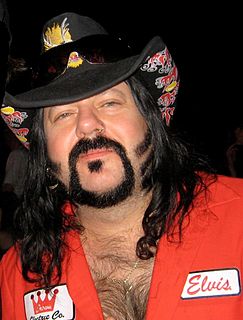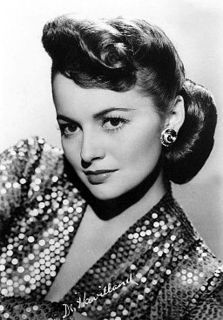A Quote by D. H. Lawrence
The past. The Golden Age of the past. What a nostalgia we all feel for it. Yet we don't want it when we get it. Try the South Seas.
Related Quotes
Sentimentality and nostalgia are closely related. Kissing cousins. I have no time for nostalgia, though. Nostalgics believe the past is nicer than the present. It isn't. Or wasn't. Nostalgics want to cuddle the past like a puppy. But the past has bloody teeth and bad breath. I look into its mouth like a sorrowing dentist.
Murray said, ´I don´t trust anybody´s nostalgia but my own. Nostalgia is a product of dissatisfaction and rage. It´s a settling of grievances between the present and the past. The more powerful the nostalgia, the closer you come to violence. War is the form nostalgia takes when men are hard-pressed to say something good about their country.´
But the past does not exist independently from the present. Indeed, the past is only past because there is a present, just as I can point to something over there only because I am here. But nothing is inherently over there or here. In that sense, the past has no content. The past - or more accurately, pastness - is a position. Thus, in no way can we identify the past as past
We learn in the past, but we are not the result of that. We suffered in the past, loved in the past, cried and laughed in the past, but that's of no use to the present. The present has its challenges, its good and bad side. We can neither blame nor be grateful to the past for what is happening now. Each new experience of love has nothing whatsoever to do with past experiences. It's always new.






































